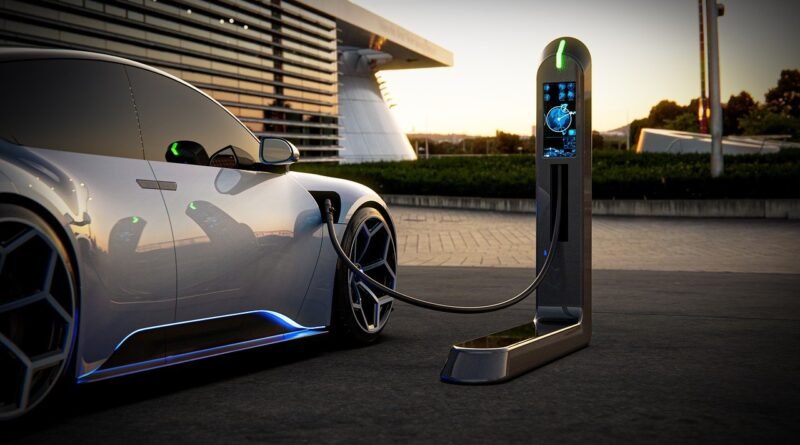The Future of Electric Vehicles: What’s Next?
Electric vehicles have been making waves in the automotive industry in recent years, and their popularity continues to grow. With an increased focus on sustainability and reducing carbon emissions, more and more people are turning to electric vehicles as a cleaner and greener alternative to traditional gasoline-powered cars. But what’s next for the future of electric vehicles? In this blog post, we will explore the latest developments and advancements in the world of electric vehicles and discuss what we can expect to see in the near future. From more prolonged driving ranges to faster charging times, let’s take a closer look at what’s next for the future of electric vehicles.
Advancements in EV Battery Technology
One of the most significant developments in the electric vehicle industry has been in battery technology. Manufacturers are pushing the boundaries with innovations aimed at increasing energy density, which means batteries can store more power in a smaller space, extending the driving range of EVs. Solid-state batteries are at the forefront of this revolution, offering the potential for even greater energy density and faster charging times compared to current lithium-ion batteries. These advancements not only promise to reduce the weight and cost of batteries but also improve safety, making electric vehicles an even more attractive option for consumers.
Expansion of Charging Infrastructure
The expansion of charging infrastructure is crucial to the widespread adoption of electric vehicles. Cities and highways across the globe are witnessing a surge in the installation of public charging stations, making long-distance travel in EVs more feasible. Innovations such as wireless charging pads and high-speed charging stations are being developed to reduce charging times significantly. Additionally, partnerships between governments, businesses, and energy providers are ensuring that charging networks are more accessible and reliable, addressing one of the significant concerns potential EV owners have and further encouraging the shift toward electric mobility.
The Role of Government Policies and Incentives
Government policies and incentives are pivotal in accelerating the adoption of electric vehicles. Various countries are implementing strategies such as tax breaks, subsidies for EV purchases, and grants for installing home charging stations to make electric vehicles more accessible and affordable. Additionally, some regions are setting ambitious goals to phase out gasoline-powered vehicles entirely, further demonstrating a commitment to electric mobility. These governmental actions not only support the growth of the electric vehicle market but also signal a strong move towards sustainable transportation solutions on a global scale.
Breakthroughs in Autonomous and Electric Vehicle Integration
The integration of autonomous technology into electric vehicles (EVs) is paving the way for a new era of transportation. Advanced driver-assistance systems (ADAS) are becoming more common, offering features like automatic braking and lane-keeping assist. Looking further ahead, fully autonomous EVs promise to revolutionize how we commute, enhancing safety and efficiency on the roads. These vehicles are being designed to communicate with each other and with infrastructure to optimize traffic flow and reduce congestion. As this technology progresses, we’ll see a seamless blend of electrification and automation, making the future of transportation not just cleaner but smarter and more connected.
Consumer Attitudes and Market Trends
As electric vehicles (EVs) continue to evolve, consumer attitudes are shifting positively towards embracing this technology. Market trends show an increasing demand for EVs, driven by a growing awareness of environmental issues and the desire for lower operating costs. Surveys indicate that as consumers become more familiar with the benefits of electric vehicles, such as reduced emissions and lower fuel expenses, their likelihood of considering an EV for their next purchase increases. This trend is reinforced by the visible improvements in EV infrastructure and technological advancements, suggesting a promising future for electric vehicle adoption on a global scale.
Summary
The future of electric vehicles will be significantly influenced by ongoing developments in battery technology, the extensive growth of charging infrastructure, favorable government policies and incentives, the incorporation of autonomous technology, and favorable shifts in consumer attitudes and market dynamics.

